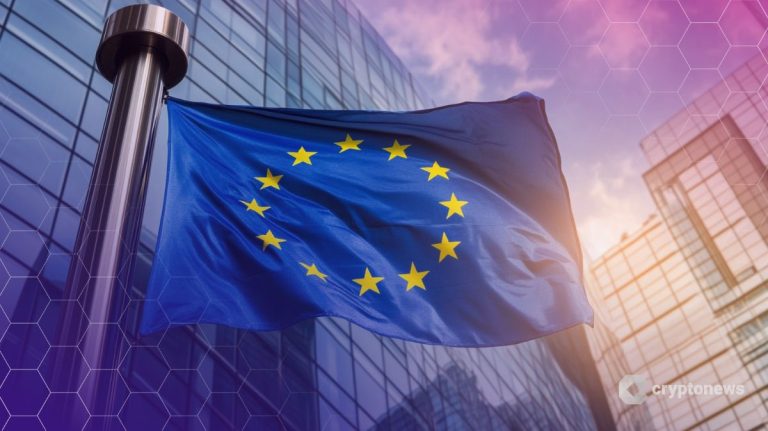Last updated:
 Why Trust Cryptonews
Why Trust Cryptonews

Bolivia has experienced a massive surge in crypto transactions over the past three months following new regulations that legalized the use of digital payment channels.
According to a recent announcement from the Central Bank of Bolivia, the country’s monthly trading volume of virtual assets rose from $7.6 million to $15.6 million, driven mainly by stablecoin transactions and increased public interest.
Increase in Trading Volume and Transactions
The Central Bank of Bolivia attributed this growth to implementing Board Resolution 082/2024, which came into effect in June, enabling the use of electronic payment channels for virtual assets.
The number of virtual asset transactions also saw a sharp rise, with over 1.1 million transactions recorded from July to September, compared to around 932,000 in the previous six months. Individuals conducted the majority of these transactions.
In addition, the Financial System Supervision Authority (ASFI) reported that six financial institutions have begun operating with virtual assets, further integrating these digital instruments into Bolivia’s financial system.
Based on the report, the data showed a 40% increase in operations among these institutions between July and August.
Utilizing Digital Assets to Advance Bolivia’s Economy
To support this expansion, the Central Bank has launched an educational initiative to inform the public about the characteristics and risks associated with virtual assets. Over 33 workshops have been conducted nationwide, reaching more than 3,000 participants.
The bank’s president, Edwin Rojas Ulo, highlighted that this move is part of a broader strategy to modernize the economy and strengthen international commercial and financial activities.
“The BCB is paving the way for the use of crypto assets in Bolivia. Our country is taking huge steps towards a future economy with greater use of accessible digital instruments,” said Ulo at a press conference.
The legal framework allows Bolivians to use virtual assets for cross-border transactions and e-commerce payments.




